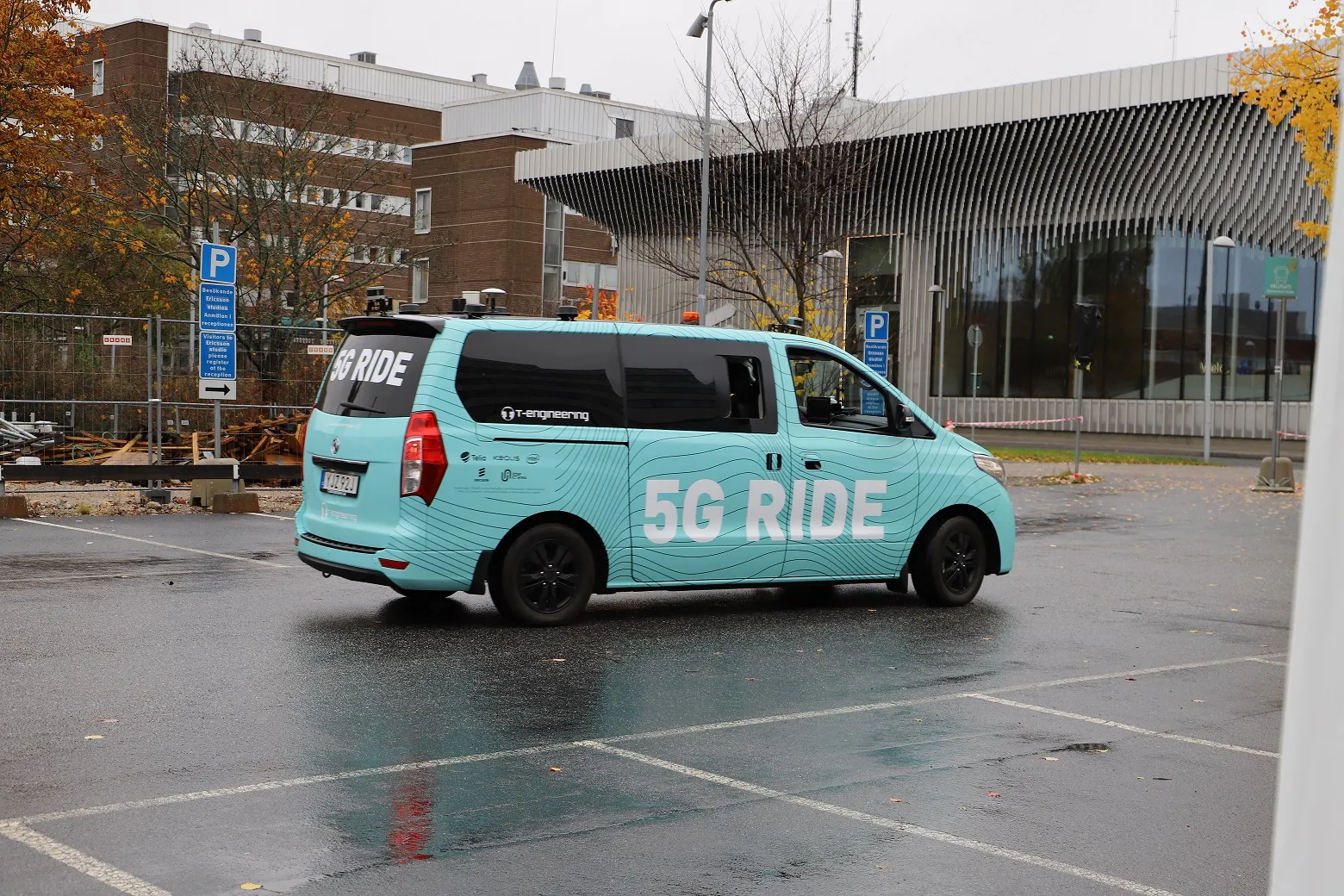Visitors at the University of Western Australia (UWA) can now travel around the campus on an EasyMile autonomous bus. The partnership has launched a nine-day project to assess the possibility of using this type of technology as an on-site sustainable transport link.
The bus will travel at 5Kmh with a trained observer onboard who will oversee the technology and answer questions. The vehicle can carry up to 14 passengers and uses telecommunication company Telstra's mobile network for navigation.
Membe
August 14, 2018
Read time: 1 min
Visitors at the University of Western Australia (UWA) can now travel around the campus on an 8246 EasyMile autonomous bus. The partnership has launched a nine-day project to assess the possibility of using this type of technology as an on-site sustainable transport link.
The bus will travel at 5Kmh with a trained observer onboard who will oversee the technology and answer questions. The vehicle can carry up to 14 passengers and uses telecommunication company Telstra's mobile network for navigation.
Members of the Renewable Energy Vehicle project at UWA's faculty of engineering and mathematical sciences will evaluate the accuracy and reliability of autonomous driving and how it interacts with cyclists and pedestrians.
Additionally, UWA business school staff and students from the university's planning and transport research centre will carry out surveys and experiments to explore the impact of the technology on users.









